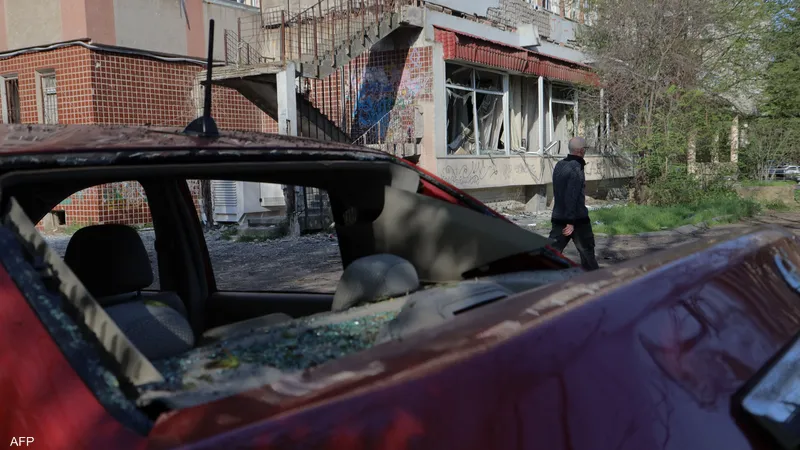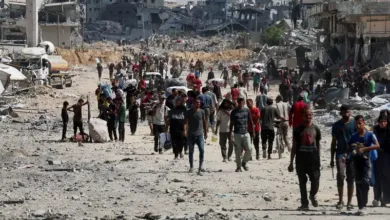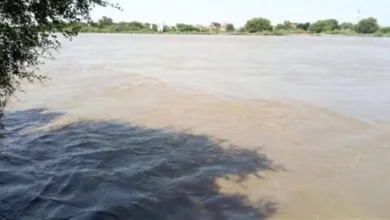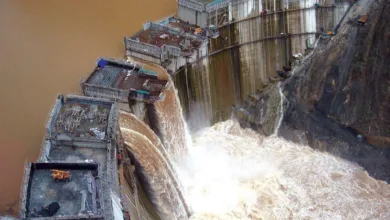Zelensky: Russia Strikes Gas Distribution Facility in Odesa Region

Ukrainian President Volodymyr Zelensky announced today that Russian forces carried out a targeted strike on a gas distribution facility in the southern Odesa region. The attack is the latest in a series of escalating assaults on Ukraine’s energy infrastructure, raising concerns about the resilience of the country’s fuel supply ahead of winter.
In a statement posted on his official account on X (formerly Twitter), Zelensky condemned the strikes as “demonstrative” acts of aggression, urging the international community to increase sanctions and customs tariffs against Moscow. He stressed that only sustained economic and diplomatic pressure could make negotiations effective.
This development has captured global headlines across Breaking News, adding new urgency to ongoing discussions about military aid, sanctions, and the security of Europe’s energy infrastructure.
The Attack on Odesa
Russian Drone Strikes
According to Ukraine’s State Emergency Service, Russian forces launched a “massive drone strike” targeting Odesa overnight. One civilian was reported injured, and a major fire broke out at a fuel and energy facility. The attack also caused significant damage to port infrastructure in the city of Izmail, highlighting Russia’s strategy of disrupting Ukraine’s export and energy capabilities.
Zelensky’s Statement
Zelensky reiterated that the strikes were not merely military operations but symbolic acts aimed at intimidating Ukraine and its allies. By hitting critical infrastructure, Russia seeks to undermine both Ukraine’s domestic energy security and its international trade through Black Sea ports.
Strategic Significance of Odesa
Gateway to Global Trade
Odesa, as Ukraine’s primary Black Sea port, plays a vital role in global grain and energy exports. Attacks on its infrastructure risk destabilizing not only Ukraine’s economy but also international supply chains. These disruptions have ripple effects across Europe, Africa, and Asia, further complicating the global Economy.
Russian Pressure Tactics
Military analysts argue that Russia’s repeated strikes on Odesa are designed to force Kyiv into concessions while also sending a message to NATO that Moscow can destabilize critical shipping lanes. The attack comes at a time when international negotiations on Black Sea grain exports remain fragile.
International Response
Calls for Stronger Sanctions
In his post, Zelensky urged Western allies to escalate sanctions against Russia. He called for new tariffs and trade restrictions that would directly target Moscow’s ability to fund the war. These measures are expected to dominate upcoming discussions in Washington and Brussels, where leaders debate the next phase of military and financial aid packages.
NATO and U.S. Reactions
The United States and NATO allies have repeatedly condemned strikes on civilian and energy infrastructure, framing them as violations of international law. Officials in Washington indicated that the latest attack would intensify conversations around additional military aid to Ukraine, as well as tighter sanctions on Russia. This aligns closely with coverage in U.S News and World outlets.
Civilian and Economic Impact
Local Damage
The strike in Odesa left visible scars on fuel depots, energy facilities, and port equipment. Authorities confirmed that while emergency services managed to contain the fire, critical infrastructure remains vulnerable. For residents, these strikes mean more instability in energy supplies, especially during the approaching cold season.
Investor Concerns
Global investors are closely watching Ukraine’s energy sector, as repeated strikes on infrastructure raise questions about reconstruction costs, insurance premiums for shipping, and long-term economic recovery. These uncertainties feed into broader market anxieties about energy prices and supply stability across Europe.
The War’s Next Chapter
Escalation or Negotiation?
Zelensky’s remarks signal a refusal to yield under Russian pressure. By calling for increased sanctions, he is betting on Western unity and continued isolation of Moscow. However, analysts warn that Russia may escalate its drone and missile campaigns if sanctions intensify, leading to a vicious cycle of attacks and countermeasures.
The Global Dimension
The attack on Odesa underscores how the war in Ukraine is no longer a regional conflict but a global crisis. From energy markets to food exports, the consequences of Russian aggression stretch far beyond Eastern Europe. This reality ensures that Ukraine will remain at the center of Trump News, U.S. political debates, and international diplomatic efforts for months to come.
The Russian strike on a gas distribution facility in Odesa is more than a localized military event—it is a strategic attack with global repercussions. Zelensky’s call for new sanctions highlights the stakes of this conflict, as Ukraine fights not only for its sovereignty but also for stability in global energy and trade systems.
As the war grinds on, Odesa has become a symbol of resilience and vulnerability—a frontline not just for Ukraine, but for the world’s economic and political order.




